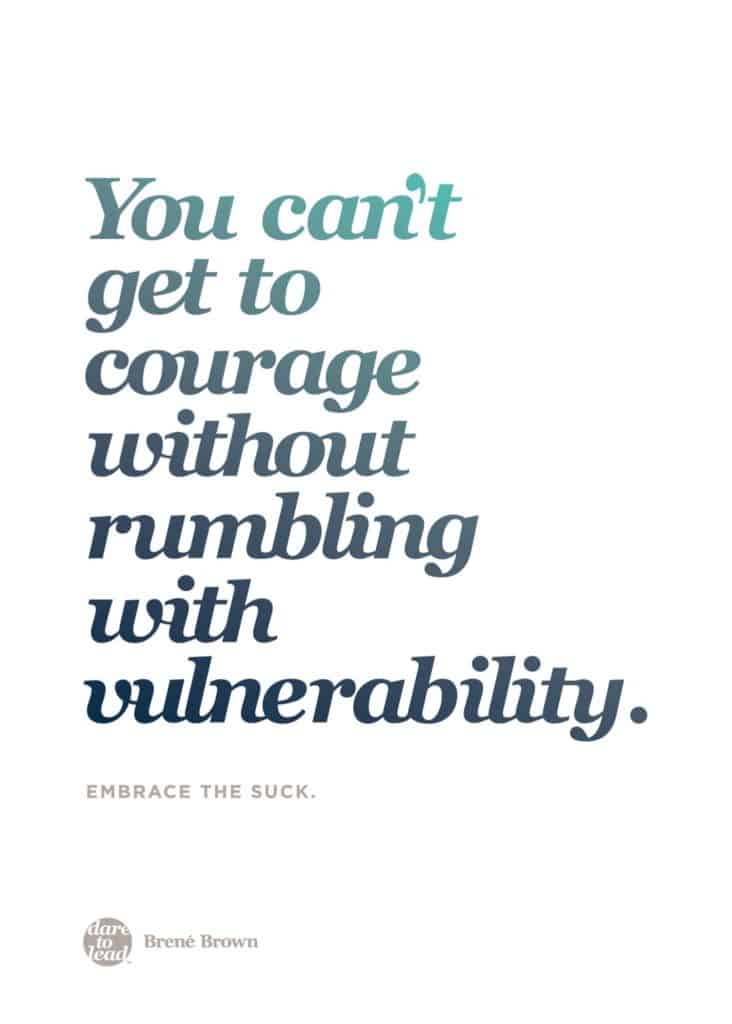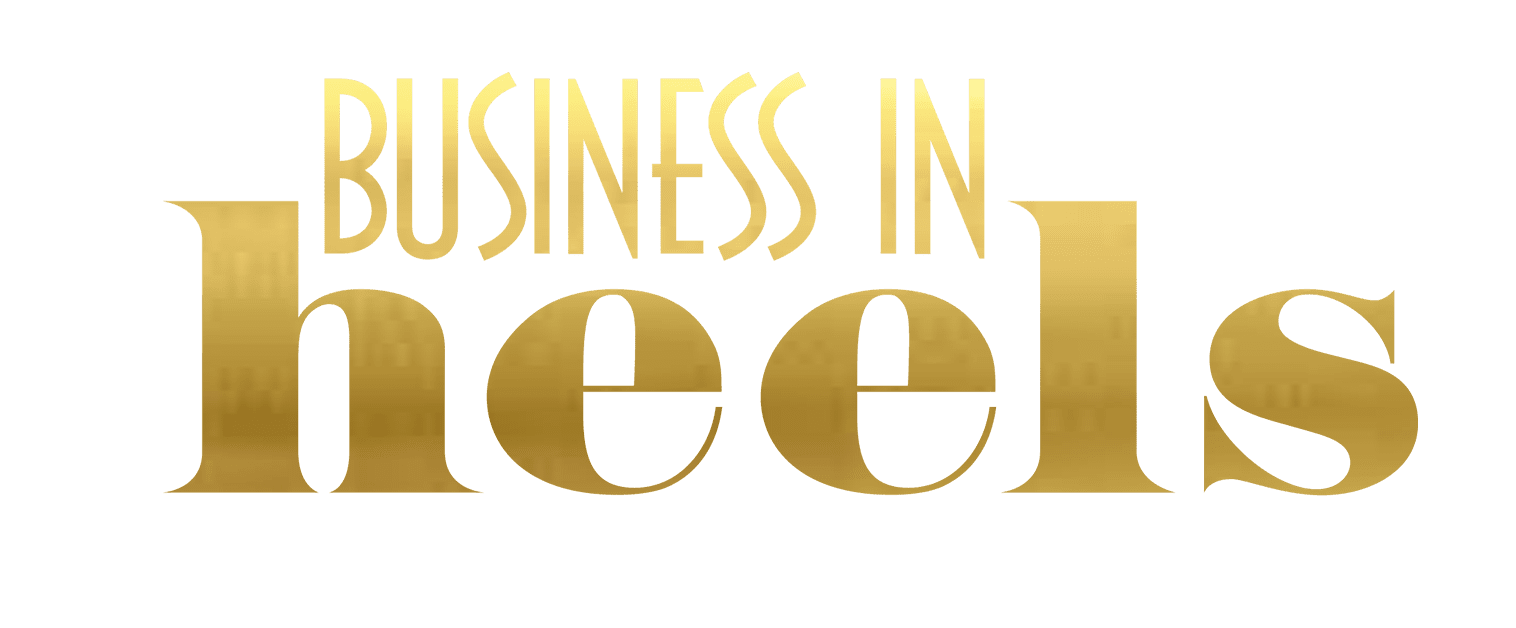
While there is a drive to create a more inclusive environment in the workplace and “bring your whole self to work” has become a catchphrase for giving employees permission to be more authentic, how many of us actually walk the talk?
We have been taught to compartmentalise our personal and professional lives, from set work times to the business attire and even the language we use. We might find ourselves stifle our personality traits to fit the corporate culture, but given the permission – can you truly be you at work? Is there value in that or are we exposing ourselves unnecessarily?
The role of culture
It starts with the culture, if the leaders do not lead by example by embracing authenticity and do not foster an environment of respect and trust, no matter how much the company website advocates for being yourself, the employees will remain guarded.
Psychological safety is essential to express yourself more fully, and bring your quirk and uniqueness to the table. You should be able to do so without the risk of being judged, ridiculed, and your career disadvantaged in any way.
The risk and reward
Being authentic goes hand in hand with embracing vulnerability and this still appears to be a bit of a taboo in the workplace. It takes courage to bring your whole self to a place where your actions directly translate to your financial outcomes and professional results. However, as Brene Brown asserts, you cannot get to courage without rumbling with vulnerability.
You have to allow yourself to be seen in all that you are with your strengths and with your imperfections. And that can be scary, but so rewarding at the same time! Showing up more authentically and giving yourself permission to make mistakes and learn from them, not only accelerates your growth, it also breeds connection with others as it gives them permission to be more human.
When we take the time to recognize our unique contribution, skills and qualities, and embrace diversity of thought as the driving force behind growth and innovation, we can add more value to the organization than we would by supressing and conforming. We won’t always get it right, but the culture where mistakes and failures are encouraged is a breeding ground for innovation and more authenticity, and as a result employee engagement and job satisfaction!

Authenticity does not mean full disclosure
Being authentic does not mean that we have to disclose our darkest secrets and express ourselves without any filter. As in any social setting, we need to read the room and utilize emotional intelligence in knowing when it’s safe and appropriate to speak our mind freely. Authenticity is a daily practice, a collection of choices and we can also choose not too disclose too much of our personal story to others. This does not necessarily mean we are being inauthentic, but rather gives us the power to choose and permission to bring more of us, if we want to.
It helps to remember that underneath all the titles, the uniform, and the corporate jargon, we are all people with a shared human experience. Authenticity is about showing up more fully in our humanity and to be human is to be flawed, to be imperfect, to make mistakes, to feel the emotions. We all at some level want significance and connection, and focusing on that rather recognition and self-importance, puts us on the right track to being more authentic and fulfilled in our career.
Get in touch or follow me on socials for more content:




